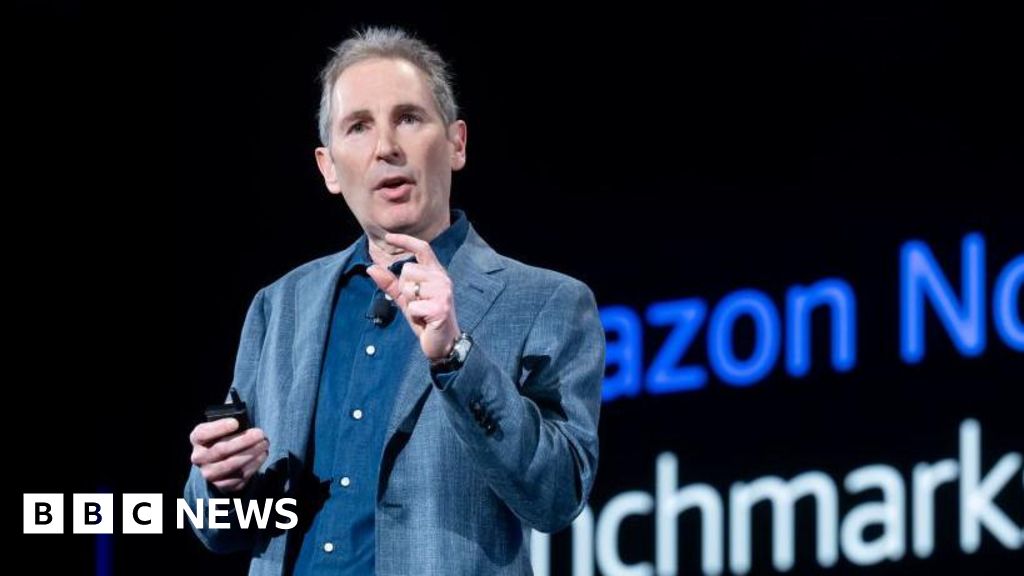AI in the workplace
getty
Artificial Intelligence (AI) has the potential to revolutionize almost every industry. It also poses significant risks to society and humanity, which is why it is crucial to have robust guidance and resources from both public and private sectors to ensure its positive impact. Along those lines, the Biden-Harris administration recently released a fact sheet about their efforts to safeguard people’s rights and safety while maximizing the benefits of this groundbreaking technology.
One area where AI can either bolster or undermine progress is in corporate Diversity, Equity, and Inclusion (DEI) initiatives. I spoke with several experts to explore the potential positive and negative outcomes of AI on DEI efforts, as well as how to ensure that AI is helping, rather than harming, those efforts.
Positive Potential
There are several ways in which AI can be used to further workplace DEI efforts. These include improvements to hiring and performance management processes, bias detection in content, and identifying patterns of discrimination.
“AI can be leveraged at almost every point in the recruiting process, from onboarding to pipeline management to employee experience and engagement,” shared Ariel Lopez, founder and CEO of Knac.
“AI algorithms can flag biases and improve hiring, performance management, and compensation policies helping to ensure equal opportunities for employee growth,” added Shawn Ramirez, VP of data science at Glue. “AI recruiting tools can help companies balance the pool of candidates by improving the inclusivity of language used in job descriptions, and by sourcing candidates from underrepresented groups. AI for employee engagement can help a company surface when underrepresented groups feel disengaged, unearth root causes, and launch targeted interventions and support programs to improve retention and advancement among a diverse range of employees.”
Sarah Allali, CEO of Floode, explained, “AI models can play a crucial role in promoting diversity and equity at all stages of the employee journey. By replacing quantitative questionnaires with more nuanced analysis of employees’ qualitative feedback, companies can gain a deeper understanding of their employees and identify patterns of discrimination. Also, a properly trained AI can understand individuals in a deeper and more comprehensive way than managers. AI can precisely comprehend the context and problems of each person, and take into account specific parameters to make decisions and create consensus that surpasses the limitations of managers.”
In addition to AI tools that can help companies boost DEI efforts, there are many stories from employees who have been able to leverage AI to improve their work communications. This can be particularly impactful for employees that are working in their non-native language, and neurodivergent employees that have barriers to communication. This increased ability to communicate effectively can lead to a greater sense of belonging in the workplace.
Negative Potential
While AI can help promote DEI, there are risks involved if it is not properly designed and implemented. AI has the potential to perpetuate existing biases, and is only as good as the data that it is trained on.
“Existing patterns of bias and discrimination that lurk in the workplace also lurk in data. Without DEI-conscious development, AI will pick up these patterns and return outputs that can perpetuate and even exacerbate biases,” shared Ramirez. “AI systems should be carefully developed, monitored, and tested for fairness, explainability and inclusivity to mitigate these risks.”
Shirin Nikaein, co-founder and CEO of Upful.ai, added, “It’s important to understand what data was used to train the AI and if the creators considered how bias in the data could impact the outcomes. When you use AI to have full control and make decisions, not just augment or help a manual process, and when folks don’t fully understand how the AI is making that decision, it can perpetuate and amplify bias.”
It’s also important to recognise that AI cannot replace trained DEI practitioners – it can only be used to intentionally scale their expertise.
Latesha Byrd, CEO of Perfeqta, cautioned, “DEI is based on human experiences, which means companies cannot let the convenience of AI override the human element when making decisions about equity.”
Risk Mitigation
To ensure that AI is helping rather than harming DEI efforts, companies should regularly audit algorithms to ensure they are free from discriminatory elements and take measures to secure and protect the data collected and used for AI systems. Companies should also have a trained human in the loop to review AI outputs and intervene when necessary.
“To ensure responsible and ethical AI innovation that supports DEI efforts, companies must adopt safeguards such as diverse and representative data sets, regular audits, transparent AI systems and clear ethical guidelines,” shared Nikita Gupta, co-founder of careerflow.ai.
Alejandro Martinez Agenjo, CEO and co-founder of Erudit, noted the importance of both public and private AI guardrails. “As policymakers work on developing rules around AI, it’s important for people-first organizations to come together and create their guidelines, to ensure ethical and equitable use of the technology,”
One of the initiatives that the Biden-Harris administration announced involves $140 million in R&D funding to launch seven new National AI Research Institutes.
Christina Blacken, founder and CEO of The New Quo, saw the potential in that funding. “One of the biggest problems with Generative AI is that it’s an extreme scale AI. Extreme scale AI models are expensive to train and only so many companies can do so without outside funding. This concentrates power into the hands of a few companies, which leads to higher levels of bias and risk. This new R&D fund could potentially mitigate the financial problem of properly training generative AI, allowing smaller companies with higher levels of cultural competency to also be involved in vetting and shaping these tools, so that instead of promoting bias, the tools reduce bias.”
As with many cutting-edge innovations, it’s not the technology that is good or bad. The potential for AI to impact corporate DEI efforts in positive or negative ways comes down to how it is developed, used and monitored. The opportunity to create a more equitable and diverse workforce through the use of AI is there, and it’s up to everyone working on or with that technology to mitigate the potential risks and to leverage it for greater good.
Credit: Source link











